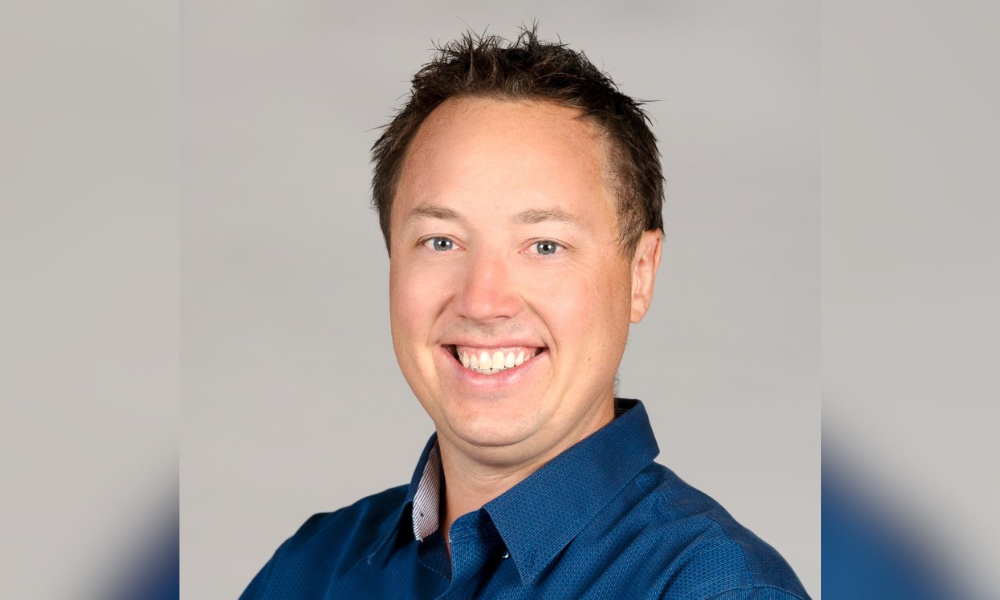Recent survey reveals both boomers and millennials underestimating financial impact of poor health in retirement

It’s no secret: for countless Canadians, chronic illness is a fact of life and retirement. But that doesn’t mean they’re doing enough to plan for it.
That’s the overarching takeaway from a recent Ipsos survey conducted by Sun Life, which found nearly a third of Canadian boomers – defined as those between the ages of 58 and 77 – citing healthcare costs as a factor driving higher-than-anticipated expenses in retirement (For the curious: the top factor by a colossal margin was inflation, flagged by 83% of boomers polled).
“It's clear boomers nearing retirement are not prepared or aware of the out-of-pocket medical expenses they’ll have to face,” says Dave Giles, financial advisor at Sun Life. “Health care costs can have a significant effect on retirement, especially those living with a chronic physical or mental condition and requiring ongoing treatment.”
Giles also deals substantially with millennial clients at his Toronto-based practice, Giles Financial Solutions. From that age group – which the survey defines as those aged 27-42 – nearly a third (31%) have a chronic physical or mental condition that requires medication or treatment, but 52% of those respondents have not factored the cost of managing that condition into their retirement plan.
Of the boomers Ipsos surveyed, nearly half (49%) said they have a chronic physical or mental condition that requires medication or treatment. Among that cohort, nearly a third (32%) said they have considered adjusting their retirement plans to account for health-related costs.
“Holistic planning is really important to really meet your health and financial security needs and prevent financial burdens later in life,” Giles says. “As a Sun Life advisor, I really take a holistic planning approach with my clients, helping them develop a strategy that is tailored to their health, wealth and protection needs.”
For many clients, unexpected healthcare costs come as a result of a life-changing situation. Giles recently had a client diagnosed with MS, resulting in her being bound to a wheelchair.
“The family had to renovate her whole house and make it more accessible. It was very expensive,” he says.
Healthcare costs could also throw a wrench into retirees’ plans for travel. He says many clients at his practice want to travel into retirement, but end up shocked at how high the cost of travel insurance can get, even for relatively minor issues like high blood pressure or diabetes.
“I’ve had clients calling because of physical issues and limitations as they age,” he says. “Because of their health issues, they’re having to hire people to do chores around their house, like removing snow or gardening. … These are the types of expenses that, when we’re planning with a client, we have to think about adding later in life.”
For many financial plans, the main point of focus is to save for the client’s desired retirement lifestyle, whether it entails spending time with loved ones, or pursuing hobbies, or volunteering. But as Giles notes, the future is unpredictable, and many clients overlook the impact of potential health issues on their plans and wallets.
“I help my clients ensure they have sufficient health insurance and critical illness insurance coverage, so that themselves and their loved ones are supported for years to come,” he says. “In the past four years, 11 clients at our practice have been diagnosed with a critical illness. Fortunately, they had critical illness insurance which provided them with a tax-free payout that allowed them to take time off of work, top of their retirement, and manage unexpected expenses.”
As an advisor with Sun Life, Giles is committed to helping clients live healthier, more financially secure lives. When unexpected events come up for clients, he revisits their financial plans, at which point they can see how different solutions they’ve implemented – including critical illness insurance, disability insurance, and life insurance – will help make sure they’ll still be in good shape.
“It really brings home the importance of having a financial road map, to help you secure financial security and live a healthier life,” Giles says. “It's never too late to create a plan. And it really pays to start saving and investing as early as possible to help you have more money for life.”



